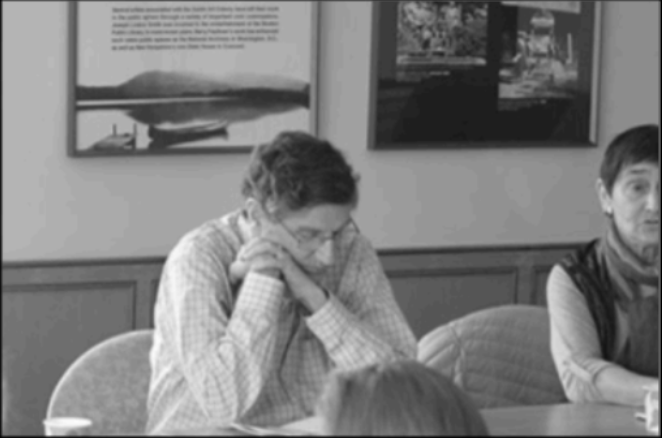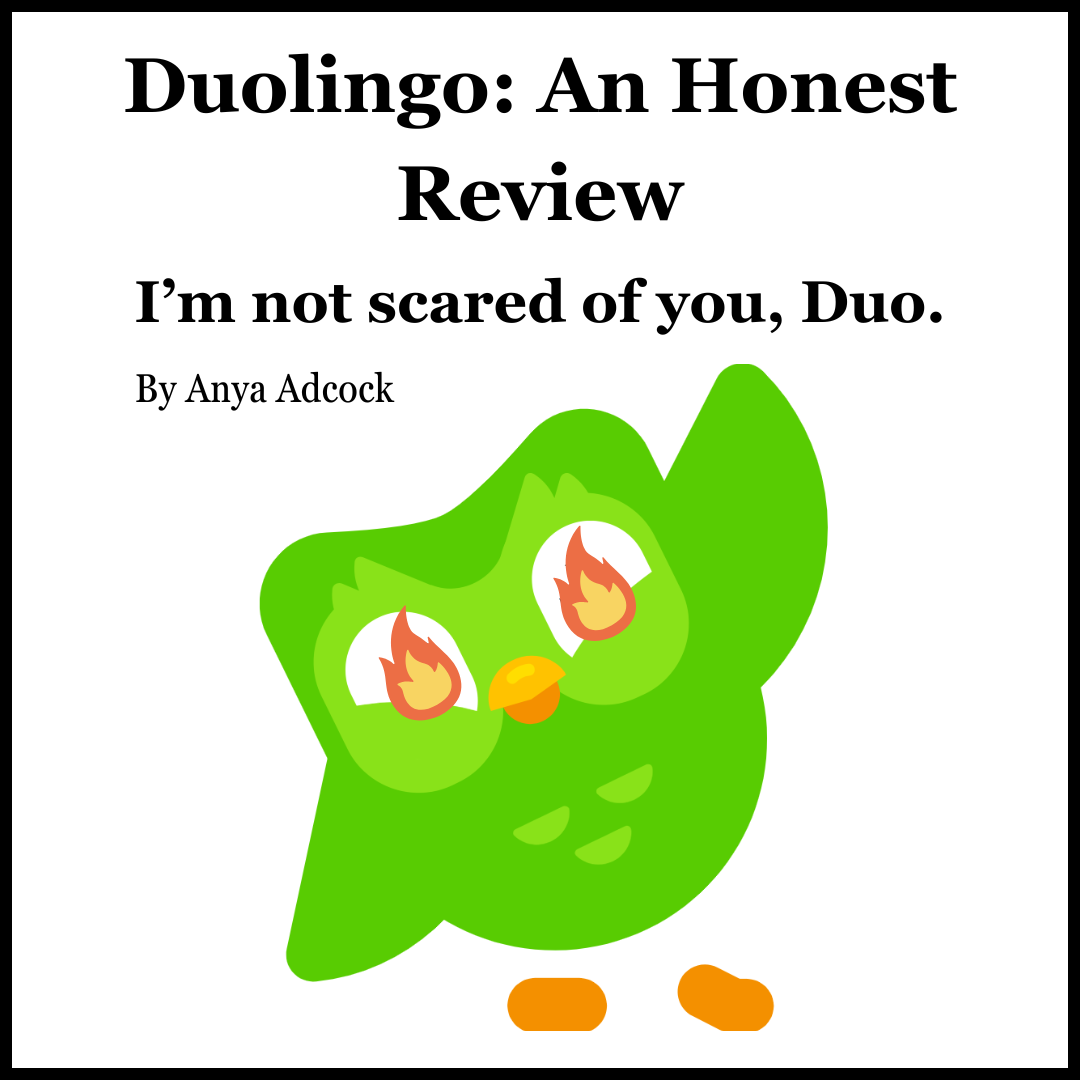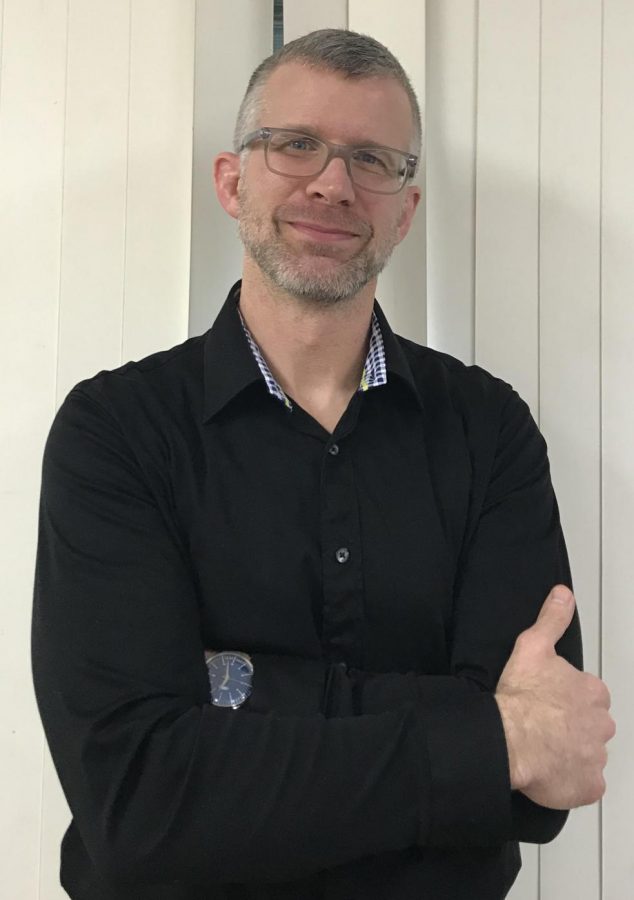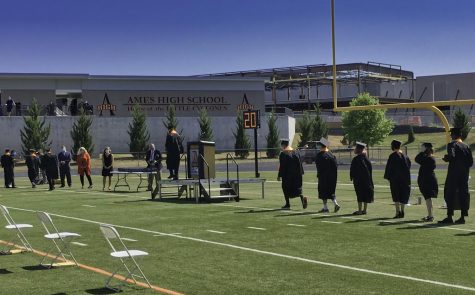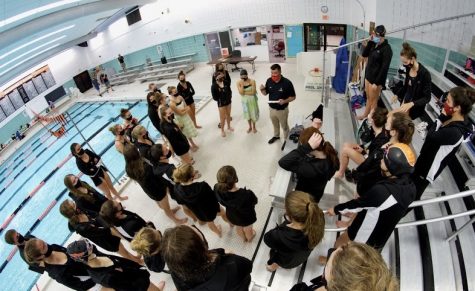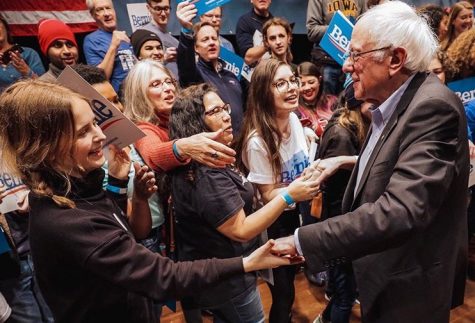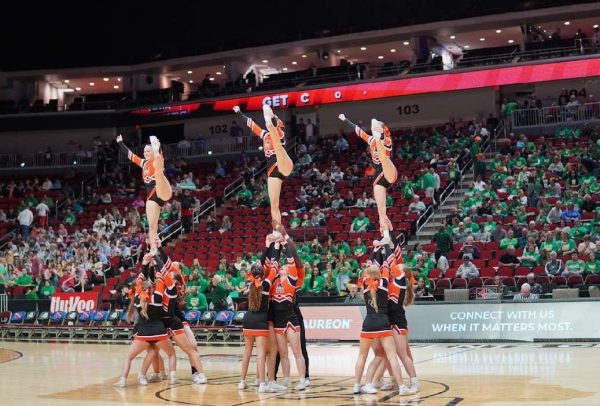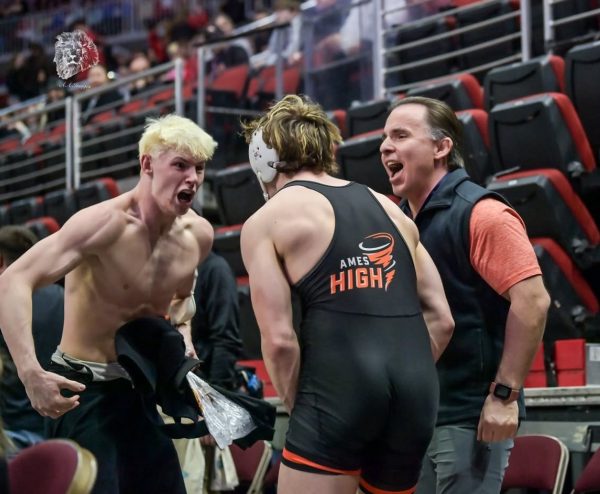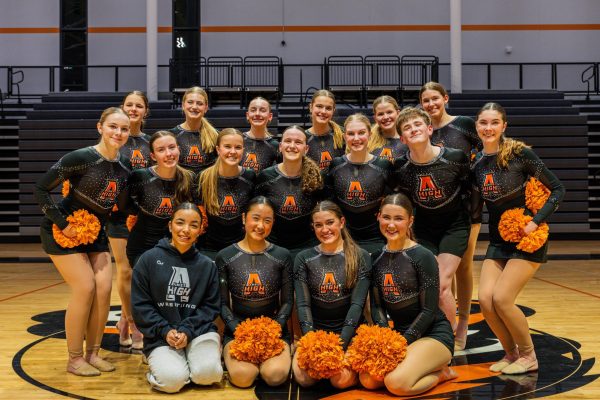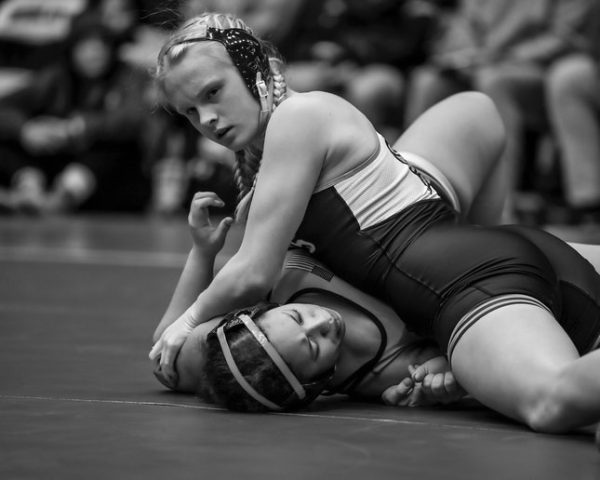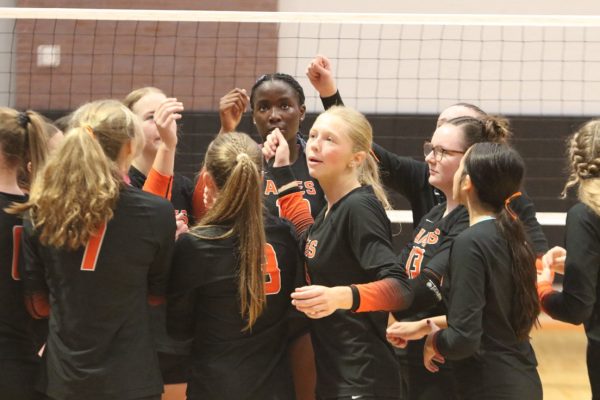Zmolek Spices up Social Studies
A punching bag that’s verbally bludgeoned, slaughtered and slandered for being boring, dull, and stale — history class has been dragged through the dirt by everyone who’s ever been stuffed into a wobbly desk and had a textbook with six hundred pages (or more) thrown at them. Including myself.
Chad Zmolek, an Ames High teacher, is the man behind several of the high school’s social studies electives. Economics, Non-Western World, and World Issues are but a few of the classes he teaches, all three small classes that regularly have less than twenty students or so.
Whether it’s because they’re classified as history courses or because they’re lost in the pages of the course book — Zmolek’s classes are apart of a handful of courses that don’t seem to get significant attention from the student body when everyone is picking out classes.
ECONOMICS
Economics is more then it’s name dare suggest. The subject studies the government’s use of money – but more importantly, economics is a study on people. Zmolek’s class dives in, including some course work with behavioral economics.
“I try to apply it to say, financial investments, then that’s another kind of eye-opener for young adults — we don’t often talk about it or families don’t really prepare you for it,” said Zmolek. “There are [what] we call them opportunity costs, to those decisions you make, and when you chose one you’re giving up something else. So the better you can understand that, then I think you can be a better decision maker.”
Economics is a class that while it doesn’t teach especially about people – it helps in analyzing society’s behaviors.
NON-WESTERN WORLD
Non-Western World is “Kind of a dive into culture,” in Zmolek’s words. Despite what the name might suggest, it’s not based on anything geographical.
Studying the literature, language, customs, film, music, and food of different cultures, the class is an exploration of lifestyles that differ from the Western World people are accustomed with. The class learns about a handful of different regions and juxtaposes them with what students are more familiar with: their own culture.
“There’s no just one way to do things, other civilizations have been around a lot longer than say ours, so why not learn something from that — just kind of explore it. I think it’s a good way to reflect on your own and doesn’t mean you have to adopt what you’re studying. I just think it’s really interesting to think about different ways of being in the world,” Zmolek said.
WORLD ISSUES
World Issues is a discussion based class rather than being book heavy. Zmolek works to create a dialogue between his students on common subjects before they escalate to the world issues later on.
“It prepares you as an individual to talk about bigger things that are broader, and then at the same time it gets you to understand that you as an individual are a part of those broader issues too,” Zmolek said
The class centers around discussions of human rights, global issues, and governmental policy.
“[World Issues] takes what’s happening now and tries to show some of the pathways that have lead to this moment. And then what it might take to change any of that, if at all possible,” Zmolek said.
In the wake of some lost classes, it’s important to find that classes that speak to their students. Zmolek’s classes are often small, and currently limited to upperclassmen, regardless, they’re not often in a rush to fill any sort of curriculum.
“It’s okay to change your mind it’s okay to take new information and come to a different conclusion. You don’t always get that opportunity when you gotta get to the next chapter or the next event, historically speaking. We can kind of wander a little bit more.” Said Zmolek.
For anyone who has found history is a struggle, turned into something more loathsome than enjoyable, look for a new path rather than the same dreary road. Enjoy wandering through the subject for a while!
Your donation will support the student journalists of Ames High School, and Iowa needs student journalists. Your contribution will allow us to cover our annual website hosting costs.
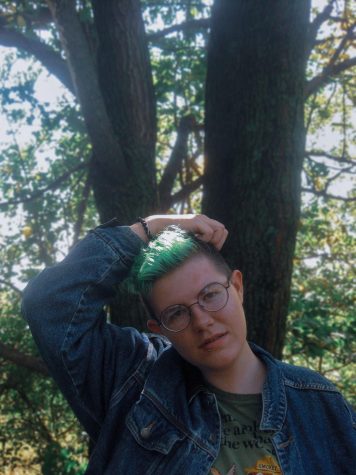
Back from the dead of summer and coffee induced manic episodes for senior year, I've returned to talk about the uselessness of automobiles alongside other...
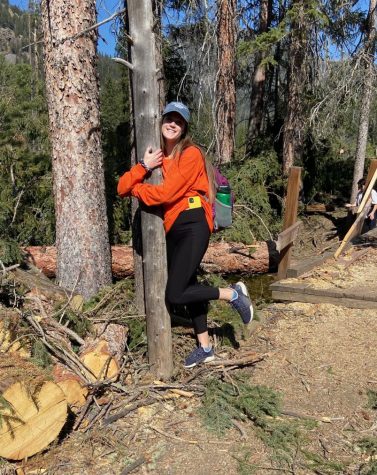
Hi I'm Erin. I joined the Web Junior year. I play sports, I am in some clubs. and If I'm not being athletic or doing homework chances are I am watching...






